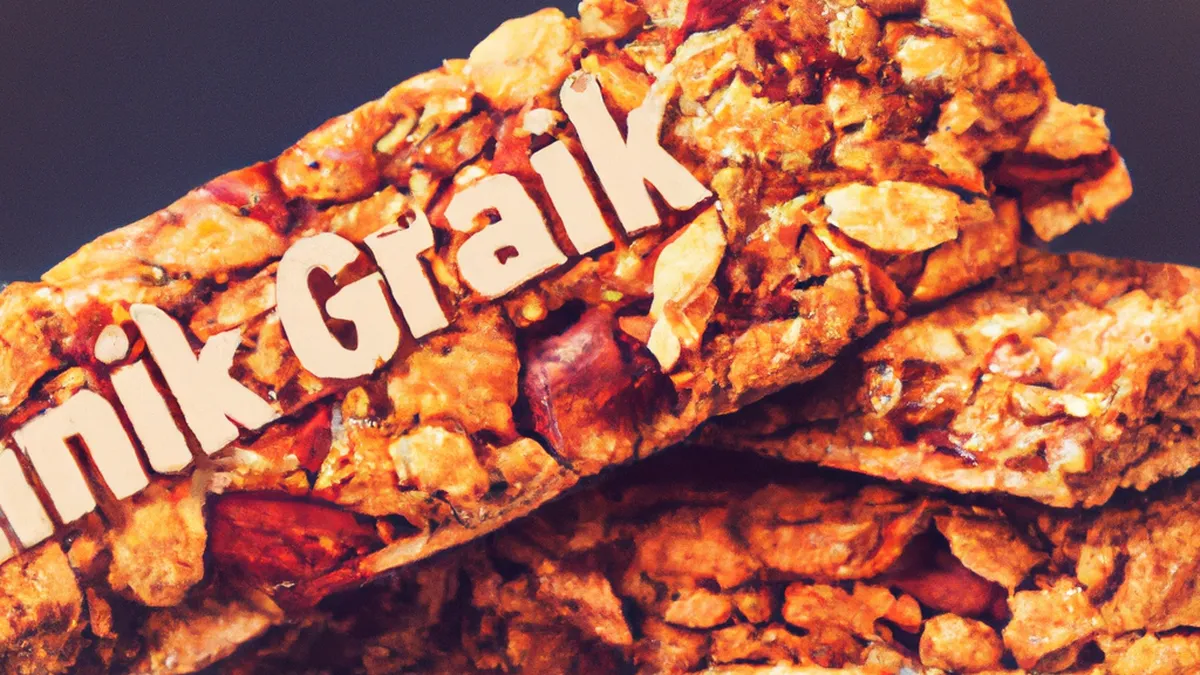Snacks to Enhance Your Healing Process
Nutritional Support During RehabRehabilitation plays a critical role in recovery from injury, surgery, or illness. It includes physical therapy, emotional support, and a structured diet. Nutrition significantly impacts the recovery process. Proper nutrition improves healing, boosts energy, and enhances well-being. This post explores nutrition tips and the benefits of a balanced diet during rehab.
Importance of Nutrition in Rehab
Nutrition provides essential building blocks for recovery. Your body needs specific nutrients for efficient healing. Proteins, carbohydrates, fats, vitamins, and minerals all support healing. A balanced diet helps combat fatigue and strengthens your immune system to prevent infections.Understanding your body’s needs is vital. Proteins repair tissue, while carbohydrates fuel daily activities. Healthy fats assist hormone production and cell function. Therefore, a varied diet is crucial for optimal recovery.
Tips for Nutritional Support
As an Amazon Associate I earn from qualifying purchases.
Gear tip: consider whey protein powder, plant protein powder, and shaker bottle to support this topic.
Focus on Whole Foods
Incorporate whole foods into your diet. Whole foods include fruits, vegetables, whole grains, lean proteins, and healthy fats. These nutrient-dense foods contain numerous vitamins and minerals. For example, spinach offers vitamin K and iron, while avocados provide healthy fats and fiber. Choosing whole foods nourishes your body effectively.
Stay Hydrated
Hydration remains essential during rehabilitation. Water supports every bodily function. It transports nutrients, regulates temperature, and removes waste. Aim for at least eight glasses of water daily. Herbal teas or infused water add flavor and variety. Staying hydrated supports recovery and boosts energy levels.
Plan Balanced Meals
Planning balanced meals ensures proper nutritional support. Each meal should include protein, healthy fats, and complex carbohydrates. For instance, grilled chicken, quinoa, and steamed broccoli provide necessary nutrients for healing. Consider meal prepping for convenience to stay on track.
Advice for Specific Nutritional Needs
Increase Protein Intake
Your body requires extra protein during rehab for tissue repair. Aim for 1.2 to 2.0 grams of protein per kilogram of body weight. Include lean meats, fish, legumes, and dairy products. If vegetarian or vegan, choose plant-based proteins like beans, lentils, and quinoa. Consider protein supplements if needed.
Monitor Micronutrient Levels
Micronutrients, including vitamins and minerals, significantly aid healing. Pay attention to vitamins A, C, D, E, zinc, and magnesium. These nutrients support immune function and tissue repair. Citrus fruits provide vitamin C, while nuts supply vitamin E and magnesium. Consult a healthcare professional if you have concerns about your intake.
Consider Supplements
If diet alone doesn’t meet your nutritional needs, consider supplements. Vitamin D, omega-3 fatty acids, and multivitamins can benefit you during rehab. Always consult a healthcare provider before starting any supplements. They can recommend the right dosage and identify potential medication interactions.
Benefits of Proper Nutrition
Proper nutrition during rehab offers many benefits. First, it accelerates the healing process. A nutrient-rich diet supports tissue repair and reduces recovery time. Second, it boosts energy levels for physical therapy and daily activities.Good nutrition also improves your mood. Foods rich in omega-3 fatty acids, such as salmon and walnuts, enhance mental health. A well-nourished body strengthens immune function, decreasing the risk of complications.Finally, nutritious diets promote long-term health. Developing healthy eating habits during rehab establishes a foundation for future wellness. You are likely to maintain these habits after recovery.
Conclusion
Nutritional support during rehab is vital for a successful recovery. Focus on whole foods, stay hydrated, and plan balanced meals to enhance healing. Monitor protein and micronutrient intake, and consider supplements if necessary. Proper nutrition improves recovery and overall well-being. Embrace these nutritional strategies throughout your rehab journey, and enjoy the positive changes they bring. Your body deserves the best care during this critical time.
Below are related products based on this post:
FAQ
Why is nutrition important during rehabilitation?
Nutrition plays a crucial role in recovery from injury, surgery, or illness. It provides essential nutrients that support healing, boost energy, and enhance overall well-being. A balanced diet helps combat fatigue and strengthens the immune system to prevent infections.
What types of foods should I include in my diet during rehab?
Incorporate whole foods such as fruits, vegetables, whole grains, lean proteins, and healthy fats into your diet. These nutrient-dense foods are rich in vitamins and minerals necessary for recovery. Choosing a variety of these foods ensures that your body receives optimal nourishment.
How can I ensure I am getting enough protein during rehabilitation?
During rehab, aim for 1.2 to 2.0 grams of protein per kilogram of body weight to support tissue repair. Include sources like lean meats, fish, legumes, and dairy products in your meals. If following a vegetarian or vegan diet, opt for plant-based proteins such as beans, lentils, and quinoa.















Post Comment